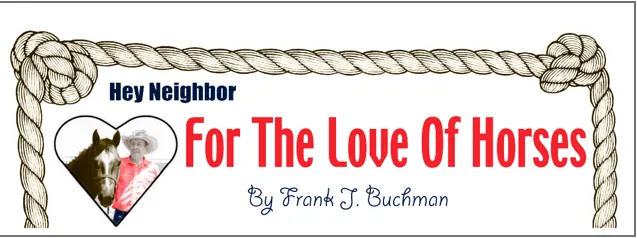Outrage and Ugly Questions
By John Marshall
In tides of grief and violence, the protests across America prompt two ugly questions. They rise from the murder of George Floyd in Minneapolis and a history of innumerable instances of police violence against blacks, reminding us why Colin Kaepernick took a knee.
Our land remains bloody and full of guilt, rooted in ways that contradict civilized values. Years of suffering and anguish roil up through a Covid haze, a collapsed economy, shortages of food and medical supplies, the swollen ranks of the unemployed, landscapes of American dystopia.
The first question: What prompts Americans in this supposedly civilized era to massive, sometimes violent acts to gain an objective?
The second question: What restraints should be applied to any group that attempts to control our government by mob action?
These are sharp questions, but they are not new. The American revolution, by which this nation was created, was much more than a war between the armies of the Continental Congress and the British sovereign. It was in large part the work of mobs, burning, lynching, destroying.
Kansas was born bleeding because of the outrages of pro-slavery and abolitionist gangs.
The history of the labor movement in America is stained red by brutality on both sides.
The civil war brought draft riots in New York. The Vietnam war prompted the college uprisings so deplored by Presidents Johnson and Nixon. The murders of Martin Luther King and Robert Kennedy and the slaying of four student demonstrators at Kent State piled grief upon anger. Death and ruin came with student riots in Lawrence and at KU.
America has been a violent nation since before the frontier times, an unhappy birthright, but we have thrived because of it – or in spite of it.
Even without violence, organized groups have attempted to force their will upon public bodies without benefit of ballot. Strikes by school teachers, police and firefighters, public transit workers are among surprising examples.
The marvels of communication allow people to organize for any cause, to reveal inequities forced upon minorities, and to stimulate strength in those minorities. In the 1970s, the power of England’s coal miners brought that kingdom to crisis. A half-century later, the welfare of far more than a labor union is under threat in America.
We have believed that the thrust of our republic is to move from the rule by mob to rule by law, to shift from the gun and the club to the conference table, to bring emotions under the guide rails of logic and common sense.
Over the decades, we have often paid only lip service to those concepts. Our president prefers to aggravate chaos by tweet, perpetuate it with sneers. His acolytes nod along, fearful of their bully king. State and local governments grind on, to lower the heat. Legislators worry about their careers, their power. They tend time and again to compromise while the public suffers, food spoils, buildings burn and businesses close.
What are the alternatives?
The challenge of it, the aspect that makes the questions above so ugly, is that if Americans are to be suppressed in their protests, if they cannot speak out forcefully when they think they are badly treated, if the armed might of government is to be applied mercilessly against those who break the rules in such matters, we run the great risk of a dictatorship.
Just as mobs tend to overreact, so do arbitrary governments. And when overreaction becomes embedded in the government culture, we invite murderous results. The Kent State shootings then, and George Floyd’s murder now, come to mind. Strongman rule can be as oppressive as mob rule. The street corner firebrand and the paranoiac politician may be equally dangerous. In this dilemma there is no pat answer, no guide or rule that is always applicable.
On May 29, as arson and violence surged through Atlanta, Mayor Keisha Lance Bottoms gave an impassioned plea to calm the violence. “… when you burn down this city, you’re burning down our community,” she said. “If you want change in America, go and register to vote. Show up at the polls on June 9th. Do it in November. That is the change we need in this country.”
Yet here we are in mid-pandemic, dozens of cities in the grip of civil outrage, an economy in collapse, a nation’s health care on life support, 40 million unemployed, the nation’s leadership querulous, at loose ends.
Freedom, said the German poet Goethe, is something that must be reconquered every day. In that ceaseless process of reconquering, we are reminded that the veneer of our civilization is easily scratched, and we have seen again just how thin it is.
*** *** ***



